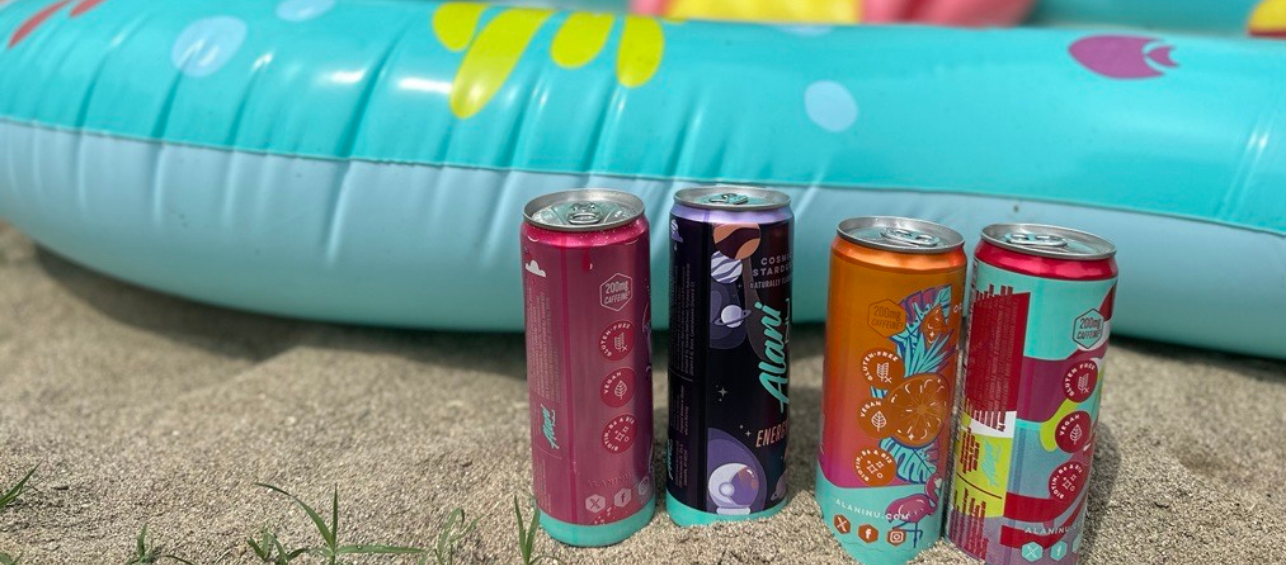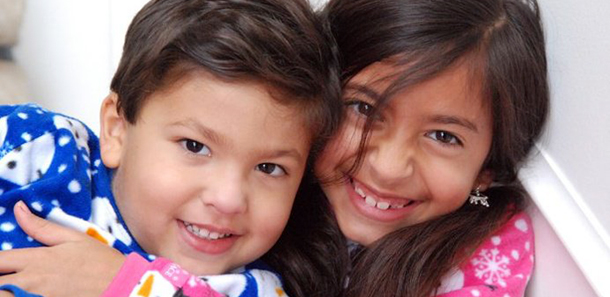The American Academy of Pediatrics (AAP) recently enhanced their warning against the use of codeine in children. This is due to increased concerns about the drug’s potentially dangerous side effects in some patients and lack of effectiveness in others.
Codeine is a prodrug which means that in order for it to work effectively, it must be converted by the body into an active drug. In the case of codeine, it must be converted into the painkiller morphine.
What parents need to know about codeine:
1. It’s still being prescribed.
In their report, the AAP cites a study from 2011 that found codeine was prescribed to more than 800,000 patients younger than 11 years old. The most frequent prescribers were otolaryngologists (for pain after tonsillectomies and adenoidectomies), followed by dentists, pediatricians and family practitioners.
2. It has potentially dangerous side effects.
Children react differently to codeine based on their genetic makeup. We classify how people metabolize (how our bodies process a substance) the drug as poor, extensive or ultra-rapid metabolizers. And unless they’ve had it before, there’s no easy way to know how their bodies will respond.
For instance, about 77-92% of people metabolize it normally. These people are called extensive metabolizers. However, the remaining population either metabolizes it too fast (ultra-rapid) or slowly, if at all (poor). Ultra-fast metabolizers are particularly concerning because this group of kids can potentially overdose. Poor metabolizers may suffer unnecessarily because they’re not getting the pain relief they need.
And most noteworthy, data from the FDA from 1965-2015 found 64 cases of severe respiratory depression and 24 codeine-related deaths in children who took codeine or codeine containing products. Of those deaths, 21 were in kids younger than age 12.
3. Many noteworthy organizations have stern warnings about the incidence of adverse side effects in kids.
In addition to the AAP’s latest report and the FDA’s “boxed warning” against it, the World Health Organization and the European Medicines Agency are all considering official, strict guidelines against its use.
4. There are safer alternatives.
The AAP suggests that further research is needed to determine the risks and benefits of opioid and non-opioid alternatives. However, in the meantime, ibuprofen and acetaminophen are recommended for children following procedures such as tonsillectomies and adenoidectomies.
Because of codeine’s potentially dangerous side effects in some patients and lack of effectiveness in others, I suggest having a conversation with your child’s doctor if he or she recommends the drug. As always, our Drug and Poison Information Center is available to answer any questions you may have about prescription drugs or any potentially harmful substance.
Please keep our number handy by programming it in your phone: 1-800-222-1222.





